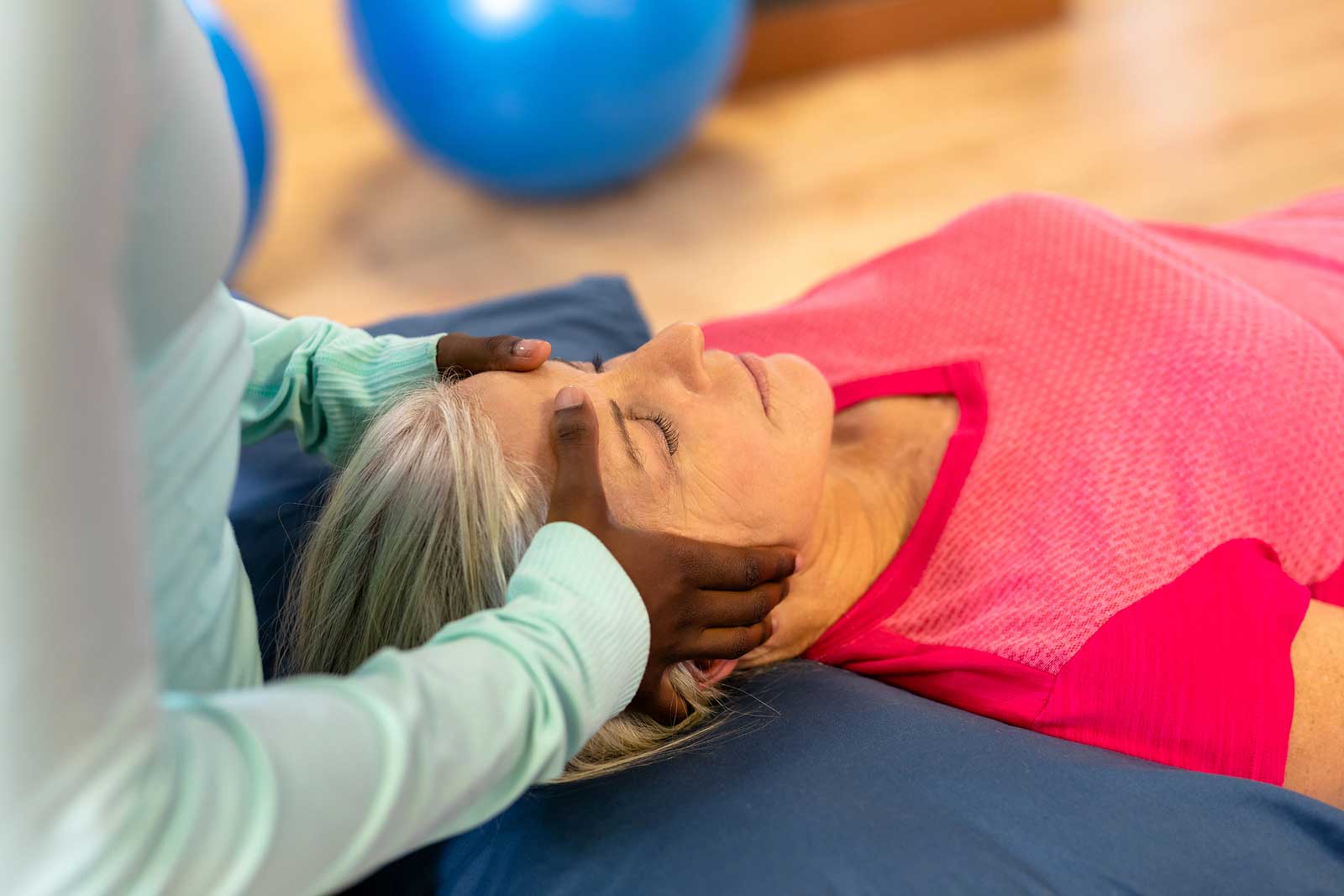Dizziness, vertigo, and balance issues can severely impact one’s daily life, making even simple tasks like walking or getting out of bed difficult and disorienting. These symptoms often arise from problems within the vestibular system—the part of the inner ear and brain that helps control balance and eye movements. Fortunately, vestibular therapy has emerged as an effective treatment to address these issues and restore quality of life for many sufferers.
What Is Vestibular Therapy?
Vestibular therapy, also known as vestibular rehabilitation therapy (VRT), is a specialized form of physical therapy designed to alleviate both primary and secondary problems caused by vestibular disorders. These disorders can result from conditions such as benign paroxysmal positional vertigo (BPPV), Meniere’s disease, vestibular neuritis, or post-concussion syndrome.
This therapy uses a combination of exercises aimed at reducing dizziness, improving balance, and enhancing gaze stability. The treatment plan is typically tailored to each individual’s symptoms, diagnosis, and overall health.
In Singapore, options for vestibular therapy Singapore have grown in availability and specialization, with clinics offering evidence-based treatment programs supervised by trained physiotherapists who understand the complexity of vestibular dysfunction.
Common Conditions Treated by Vestibular Therapy
Vestibular therapy can treat a wide range of conditions, including:
- Benign Paroxysmal Positional Vertigo (BPPV): A condition where changes in head position cause brief episodes of dizziness.
- Vestibular Neuritis or Labyrinthitis: Infections that affect the inner ear, causing sudden vertigo.
- Meniere’s Disease: A disorder that causes recurring episodes of vertigo, hearing loss, tinnitus, and a feeling of fullness in the ear.
- Post-Concussion Syndrome: Dizziness and imbalance that linger after a head injury.
- Bilateral Vestibular Loss: Reduced or lost function in both sides of the vestibular system, leading to chronic imbalance.
What to Expect During Vestibular Therapy
A vestibular therapy program usually begins with a comprehensive evaluation, including assessments of gait, posture, balance, eye movement, and inner ear function. From there, a customized exercise plan is developed to address the patient’s specific needs.
Exercises may include:
- Gaze Stabilization: To improve control of eye movement during head motion.
- Balance Training: To improve coordination and reduce fall risk.
- Habituation Exercises: To decrease dizziness through repeated exposure to specific movements or visual stimuli.
Sessions are generally conducted once or twice a week, with a home exercise program prescribed to encourage daily practice and faster recovery.
Benefits of Vestibular Therapy
The most significant advantage of vestibular therapy is its ability to target the root cause of balance and dizziness problems rather than merely managing symptoms. Other benefits include:
- Reduced Risk of Falls: Especially important for older adults who may be prone to injury.
- Improved Confidence in Movement: Making it easier to resume daily activities.
- Enhanced Gaze Stability: Allowing patients to focus their vision more steadily during movement.
- Decreased Reliance on Medication: As symptoms improve, the need for anti-dizziness drugs often reduces.
- Better Quality of Life: With less dizziness and better balance, patients enjoy more independence and fewer disruptions in their routine.
When to Seek Help
If you’ve been experiencing persistent dizziness, imbalance, or frequent falls, it’s essential to seek medical advice. Vestibular disorders can be misdiagnosed or overlooked, especially when symptoms are vague. Early intervention with vestibular therapy can prevent complications and significantly improve recovery outcomes.
Additionally, those recovering from neurological conditions such as stroke or traumatic brain injury may benefit from vestibular therapy as part of a broader rehabilitation strategy.
Conclusion
Vestibular therapy in Singapore is a vital and growing field of physical rehabilitation that addresses the often-debilitating symptoms of dizziness and imbalance. Through a customized, evidence-based approach, this therapy empowers patients to regain control of their daily lives, improve their mobility, and reduce their risk of falls. If you or a loved one is struggling with vestibular symptoms, consulting a specialist in vestibular rehabilitation is a valuable step toward recovery.



